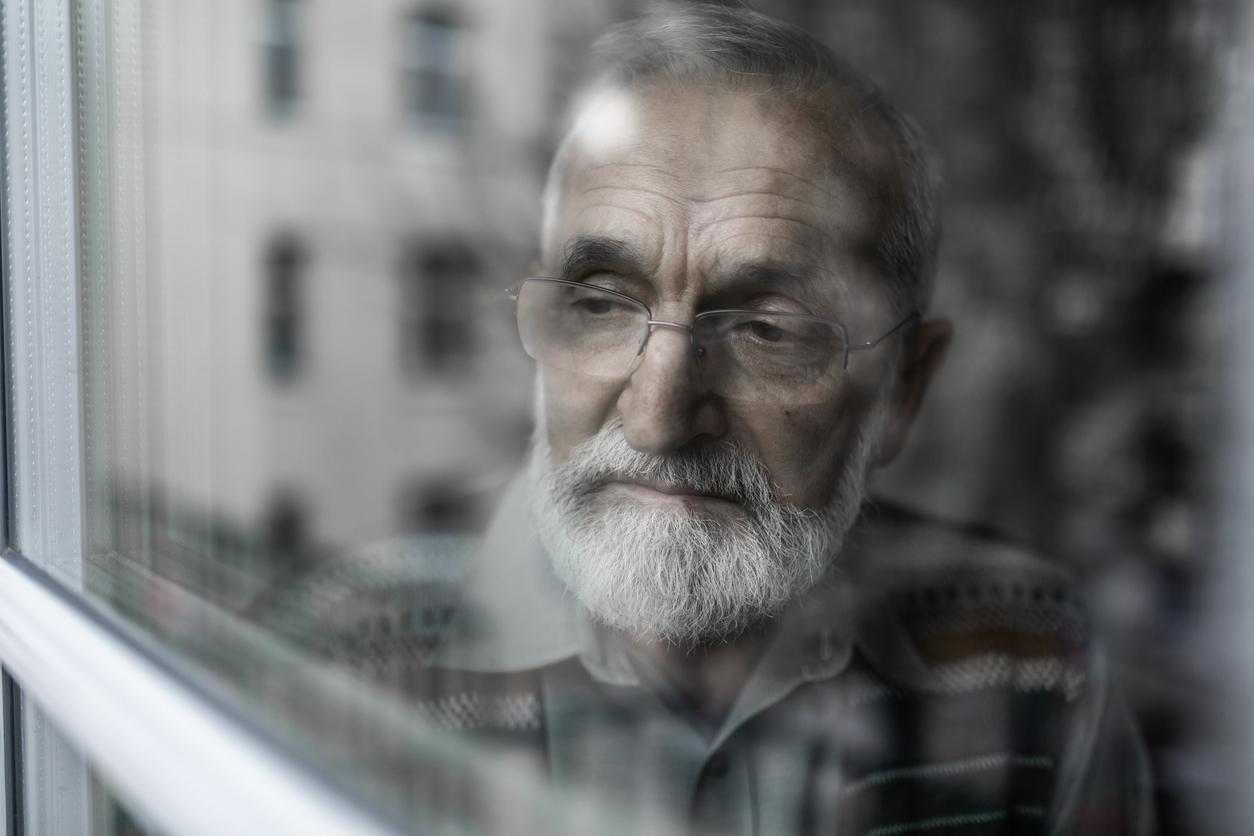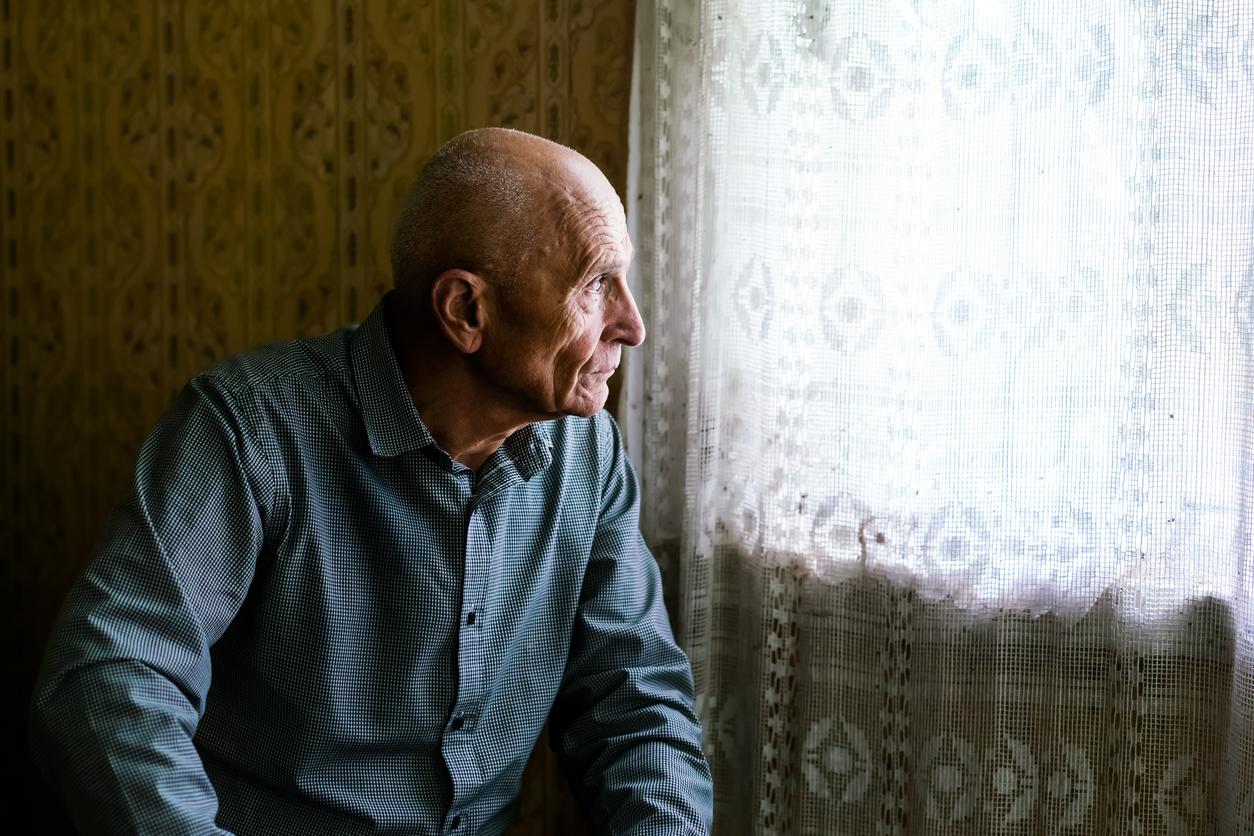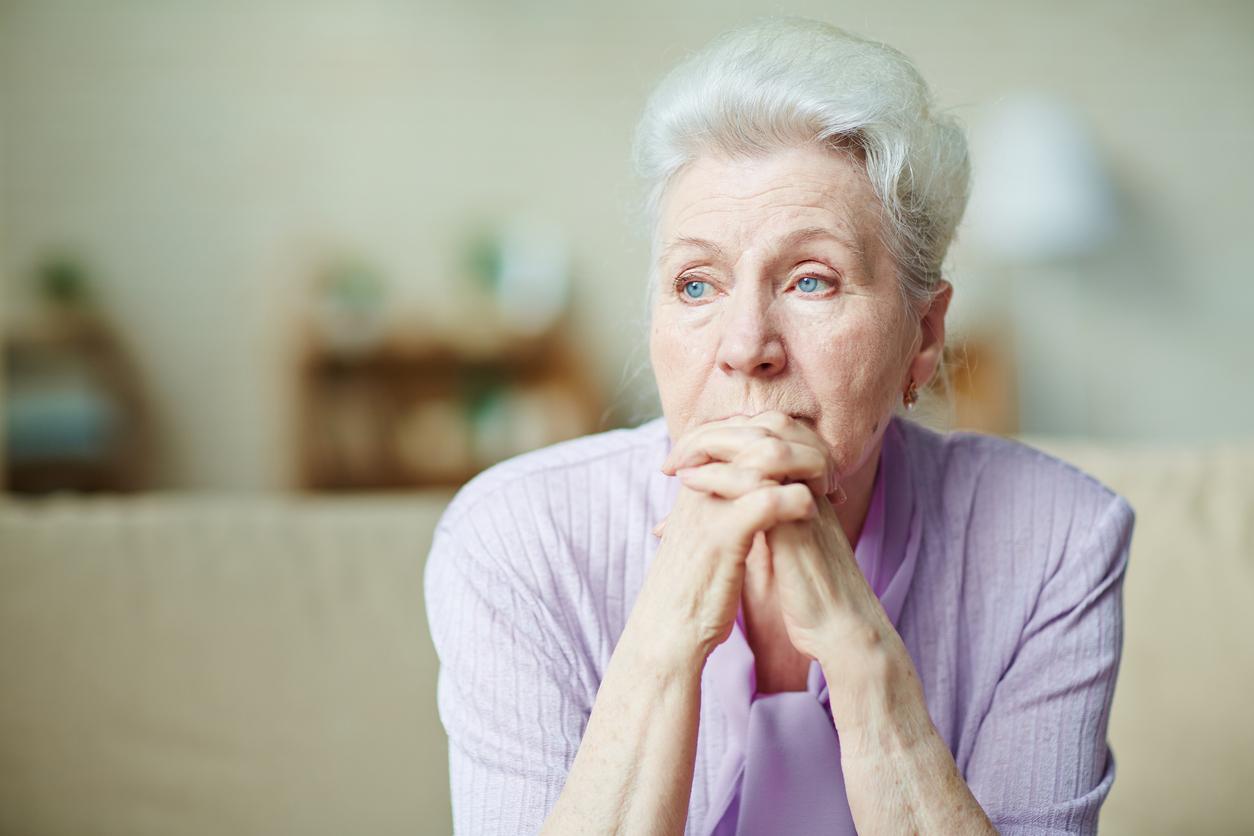Children with fewer friends, having grown up in a disadvantaged family, being in poor health or constantly in conflict with their parents are more likely to feel lonely in adulthood.

- Loneliness was more common among people with illnesses related to a disorder in the functioning of the nervous system.
- This feeling was less present among adults who scored high on conscientiousness, extroversion and openness.
- Loneliness is associated with a higher risk of developing mental disorders and deterioration of physical health.
Certain circumstances and living conditions during childhood can promote loneliness later in life. This was recently revealed by Sophie Guthmuller, a researcher at the University of Economics and Business in Vienna, Austria, in a study. As part of his work published in the journal Plos Oneshe investigated the association between childhood living conditions and loneliness in older adults in Europe.
To carry out her research, she looked at data from a large survey called “SHARE (Survey on Health, Aging, and Retirement in Europe)”. This cohort includes information on personality traits, health, socio-economic status, social and family support of Europeans aged 50 and over. According to the author, the feeling of being alone was measured using the UCLA loneliness scale.
More likely to suffer from loneliness in children with poor living conditions
According to the results, strong correlations between living conditions during childhood and the feeling of loneliness in later life were found. “While poor health (43%) is the main factor linked to loneliness in the over 50s, the analysis also reveals that personality traits account for more than 10% of the variance in loneliness and that the conditions life during childhood represent 7%. Demographic and socio-economic factors account for 6%”, can we read in the study. The work found that older people’s social support also accounted for 27% of the variance in loneliness.
According to Sophie Guthmuller, the risks of loneliness at age 50 and over were 1.24 times higher among people who rarely or never had friends during childhood compared to those who had friends more often. . Children who had a fair or poor relationship with their mother were 1.34 times more likely to feel lonely as adults. Another finding: the risk of loneliness was 1.21 times higher when growing up in a disadvantaged family.
“This research shows that early interventions and those aimed at increasing social support in later life need to be appropriate for all personality types”concluded the researcher.

















